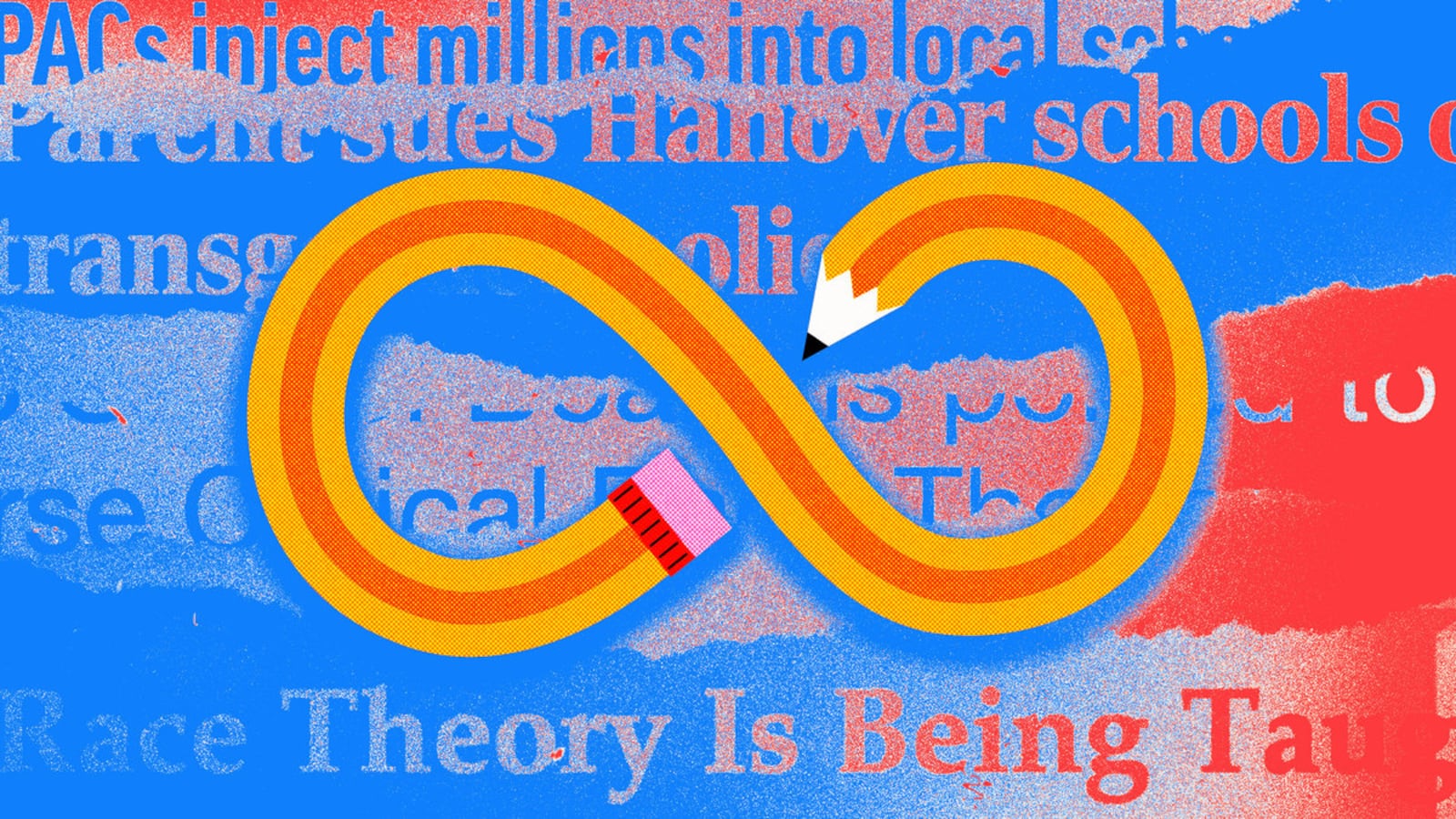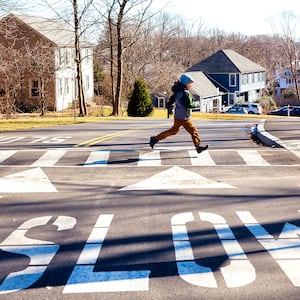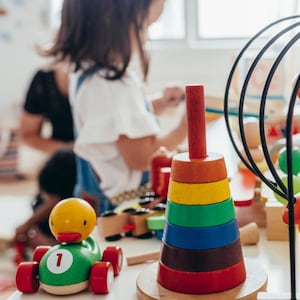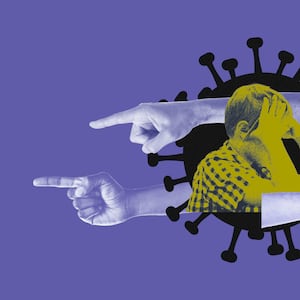We had a lull, for a few years there, in our educational Kulturkampf. Terrorism, war, and recession ate up our attention. Cultural battles decamped to the church and courthouse, as gay marriage became the debate of a decade.
But then, inexorably, the school board fights came back. Seemingly everywhere were battles over COVID-19 rules, curricula about race and gender, and, ultimately, the shape of our national identity.
It’s possible we’ll resolve (or gradually abandon) these specific conflicts, settling into an embittered ceasefire like the one we’ve made for older disagreements over sex education, the teaching of evolution, and prayer on campus. Yet we are naive if we think we’ll figure this out in some broader sense—that America’s public school culture wars will ever really end.
The school board fights of the last three years aren’t a blip. It’s the comparative quiet of the post-9/11 2000s and early 2010s that’s anomalous, and that quiet can’t be durably replicated unless we make major changes to how we organize public education—or how we exist and imagine ourselves as a country.
The centrality of public schools to the definition and inculcation of American identity makes them an inevitable point of friction in a country as divided as our own.
This may catch us by surprise, especially after a temporary truce: We tend to think of local politics as a respite from the contention in Washington, a place where practical realities and neighborly cooperation can overcome partisan animosities. Go low enough on the scale of federalism and we all want the same things, right? Well-maintained roads, reliable utilities, a good education for our kids.
But public schools are also “America’s chief public institution for distilling and delivering moral values to its young,” as education historian Jonathan Zimmerman writes in Whose America? Culture Wars in the Public Schools—and here we decidedly don’t all want the same things. “Schools across the globe teach the glories of nationhood, linking children to a set of transcendent events and ideals,” Zimmerman observes.
Yet what are our glories? What are our ideals? Beyond math and literacy, music and sports, Americans’ visions of a good education diverge widely. They always will.
We’ve been bequeathed a system of public education from a different era with different problems and goals. It’s designed to foster a common identity, which is exactly what we can’t (and, to some degree, don’t want to) settle. It’s a winner-take-all approach which is irrevocably ill-suited to peace in a country as religiously diverse and politically polarized as ours. Public education—mixing as it does the most intimate question of how our children are raised and the grandest question of what our nation should be like—will forever be a front in the culture war, perhaps its very nastiest.
That is, unless something changes—something big and presently implausible. Such a change could come on the educational side. Most optimistically, as Zimmerman suggests, we could have teachers and textbooks “present multiple views of the nation” and “let students sort them out on their own.”
But I confess I’m not that optimistic. A plan to teach, say, The 1619 Project alongside some output of the Trump administration’s 1776 Commission would satisfy no one. A proposal to present opposing views on transgender identity would be rejected in equal measure by LGBTQ activists and their conservative counterparts. Parents would suspect that, whatever the curriculum officially said, teachers would have their thumbs on the scale. Instead of being hailed as a strike for critical thinking, presenting multiple views would more likely be dismissed as a new variation on creationists’ “teach the controversy” push to pair instruction on evolution with discussion of religious views of the origins of the earth.
A reductive proposal might fare better than an additive one, and the released-time programs many states retain could be a workable model.
Released time allows public school students to leave campus for a short period during the school day for religious instruction. Following mid-century Supreme Court decisions, chiefly McCollum v. Board of Education (1948), state and district codes specify the instruction must take place off school property, with all costs and logistics handled by parents or the religious organization. Participating students must have parental permission and make up any work they miss while off campus.
It’s possible to imagine a similar approach for subjects outside the three Rs and the arts (especially social studies and sex ed), giving students a partial charter- or private-school experience without tossing out our entire public-school infrastructure. Progressive families could release their children to read Howard Zinn’s People’s History of the United States with a drag queen, while conservative parents might send their kids to memorize the Declaration of Independence at church.
Retaining barebones standardized testing for students across released-time classes would ensure some consistent baseline of factual knowledge, as failing programs could be cut. Maybe such a division of territory could de-escalate, if not quite pacify.
The alternative to radically changing our school system is changing how we live and conceive of American identity. But this seems, if anything, more difficult to do well.
The likeliest concrete scenario might be a scaled-up and deliberate “Big Sort” in which like-minded Americans cluster together until each public school district (or even state) is a monoculture, internally uncontested in its self-description as the real heart of America.
I’m doubtful that what we’d lose in the process would be worth calmer school board meetings. Yet even if that trade were prudent, the payoff wouldn’t be guaranteed; the narcissism of small differences would see to that. And there’s the rub: A perpetually pluralizing society will be ever more uncomfortable with public education, because there’s not just one public, if ever there was.
So here we are, locked in educational warfare, all very well-intended and cutthroat and utterly without a foreseeable path to détente.









